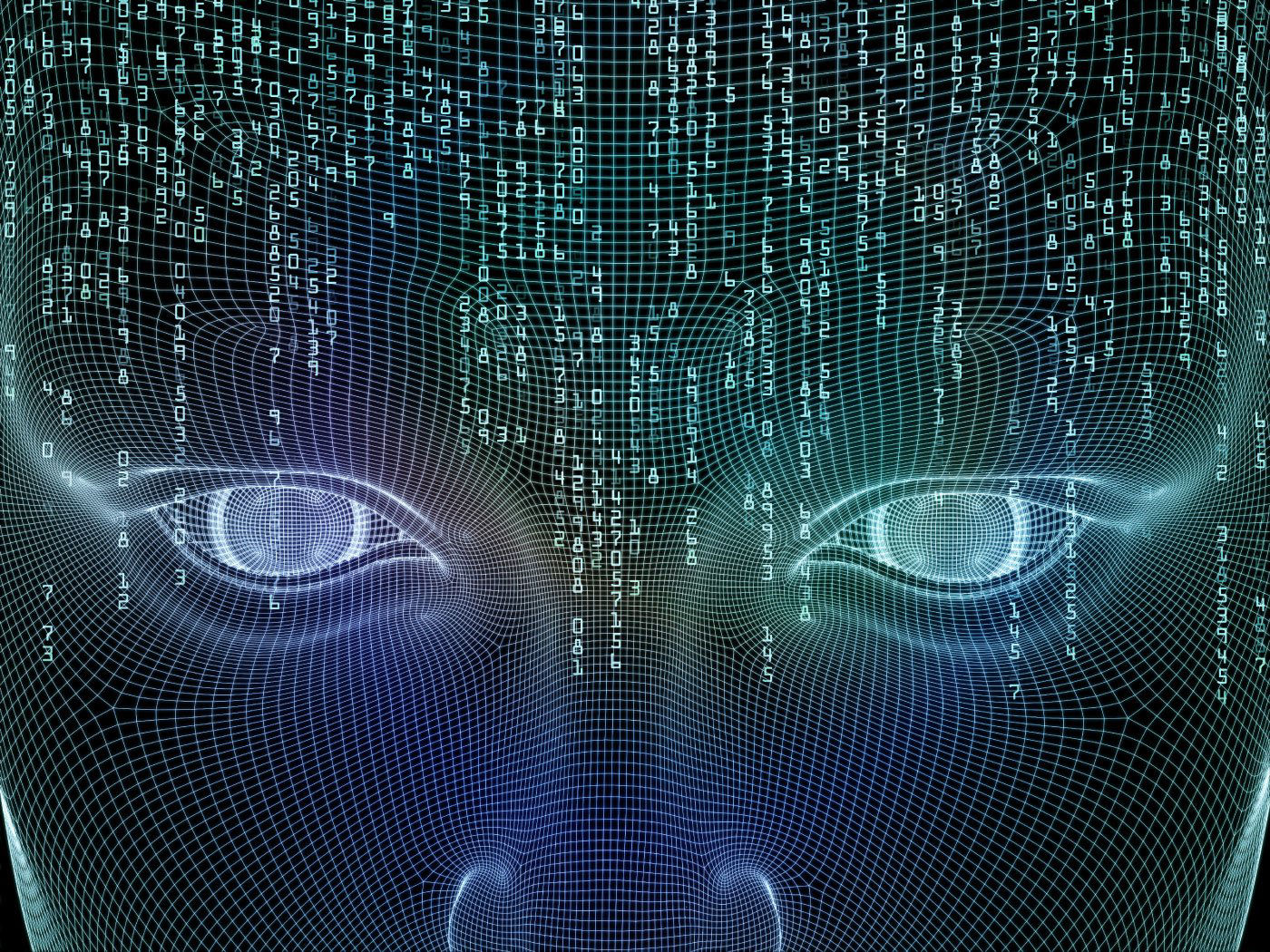
Is artificial consciousness possible?
Can Advances in Scientific Understanding One Day Lead to Artificial Consciousness?
Artificial consciousness, or AC is the reproduction of all the features of consciousness using non-biological components. AC research combines the fields of artificial intelligence, cognitive robotics, and neuroscience.
Neuroscience explains consciousness as an interoperation of the different parts of the brain, or neural correlates of consciousness (NCC). Some NCC can be studied by monitoring the brain activity of subjects under fMRI scanners while performing tasks that require conscious attention. Studying consciousness through brain activity however, especially at the current scales we are able to monitor with an fMRI, may never provide us with the ultimate answers as to its causes.
The technological singularity is a concept that describes a potential point in time in our future where artificial intelligence surpasses our own, and where AI may develop beyond our ability to control it. Some have predicted that this may happen later in the 21st century by using Moore's law - which states that computing power doubles every 2 years. Even then, when our computational power through technology can match that of the brain, true consciousness may still prove illusive.
The "Blue Brain Project" operating out of Lausanne, Switzerland is attempting to reconstruct the human brain by building a virtual brain that simulates brain activity neuron by neuron. The Blue Brain Project began in 2005 with the BlueGene/L supercomputer acquired by EPFL. They state that each neuron requires the equivalent of the processing capability of a laptop computer. Their current simulation is able to reproduce the functionality of a cortical column from a rat (about a pin head in size). In order to scale this simulation up to the full size of a human brain, where there are many billions of neurons, we need to see an increase in our current computational power by many orders of magnitude.
To me consciousness is not just a function of computation alone, but is a fundamental property of reality itself. The discovery of quantum vibrations in microtubules within the neurons of the brain supports a controversial theory of consciousness that says consciousness is derived at a deeper level than individual neurons. (for further info see orchestrated objective reduction)
The premise that the core properties of consciousness originate at the quantum level is mirrored in a number of theories, and in my opinion holds the most promise for answering the questions of who we are at our most fundamental level (at least from a scientific point of view). Advances in scientific research on the quantum nature of consciousness may then give us further clues as to the potential avenues we may explore with the recreation of consciousness artificially. Can we prove scientifically that consciousness can exist separate from biology? Only time will tell.